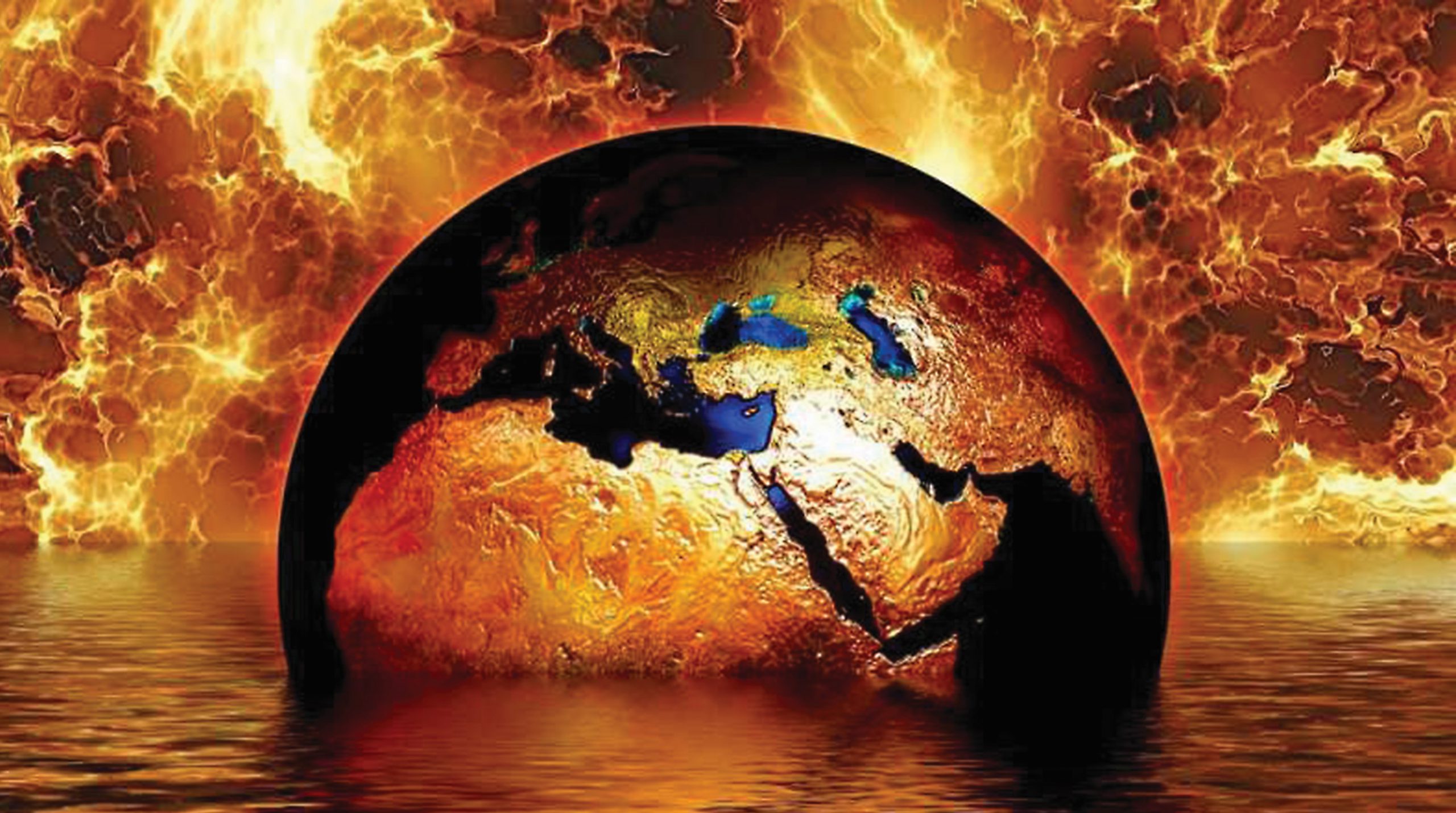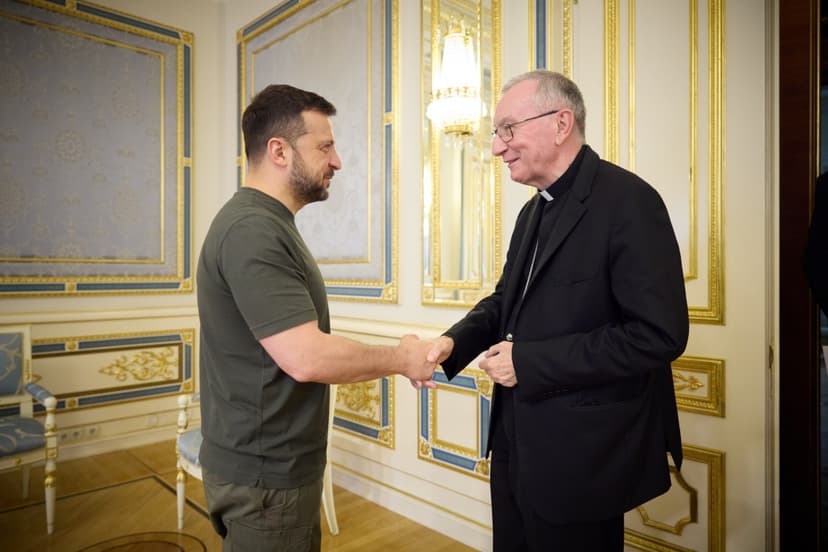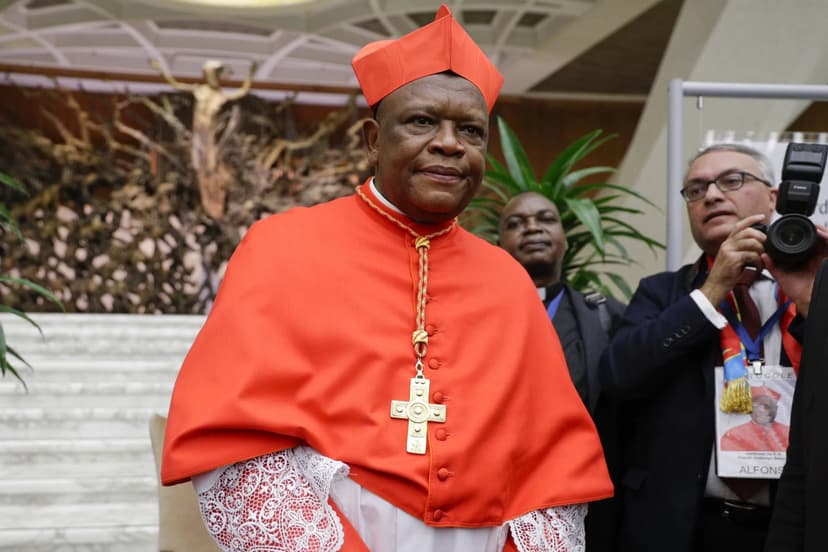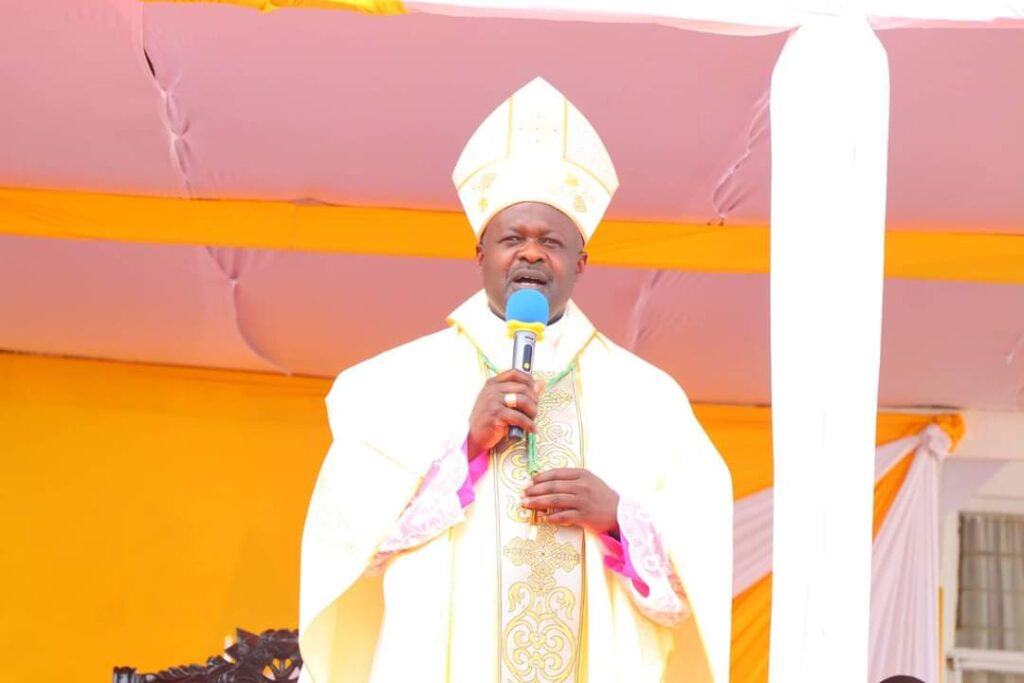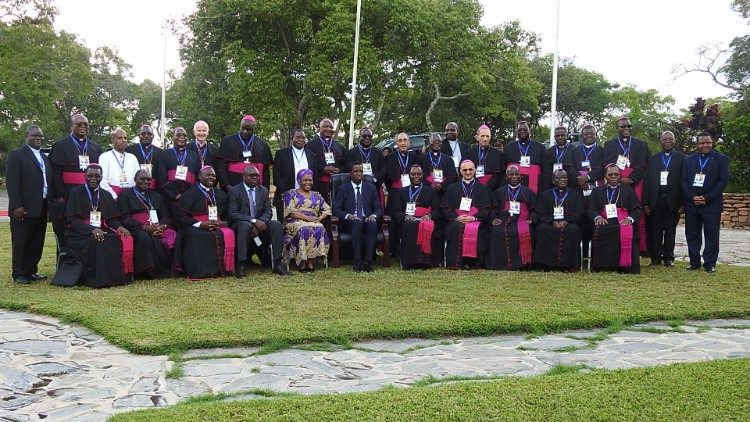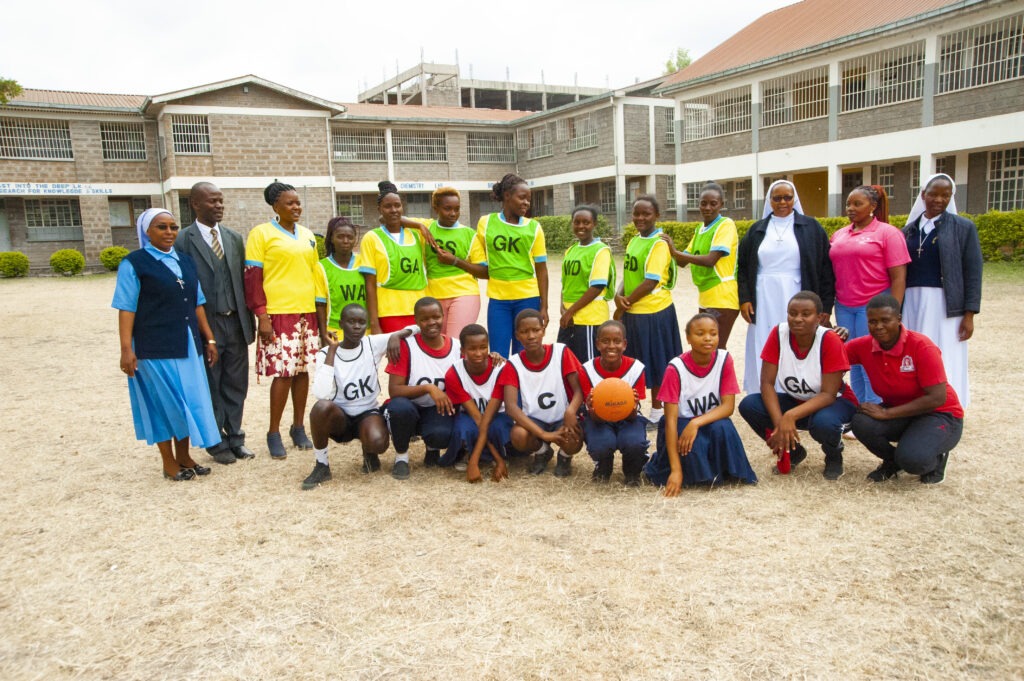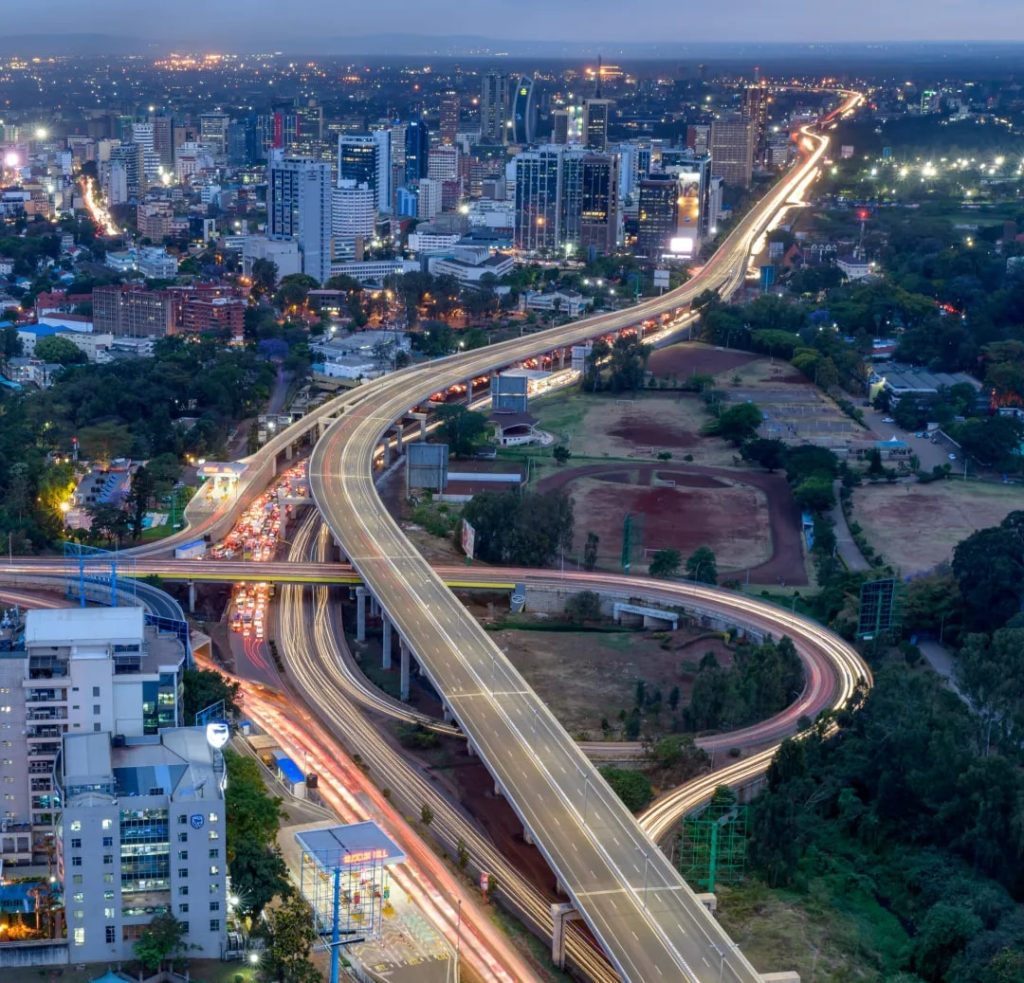The two encyclicals issued by Pope Francis are dedicated to questions of central importance. They focus on problems faced by people throughout the globe in the context of the worldwide social and ecological destruction of human existence. Laudato si’ taught us that everything is connected; Fratelli tutti teaches us that everyone is connected. This means that Pope Francis is not talking about two different things, but about the same subject, though at different levels.
There are similarities and difference between Pope Francis’s second and third encyclicals. They both pay homage to St. Francis of Assisi. The first is more ‘environmental’, the second is more ‘social’.
In Laudato si’ (2015), Pope Francis is inspired by St. Francis’ famous Canticle of the Sun, in which all creatures – the Sun, moon, stars, wind, water, fire, Earth, and even bodily death – give praise to God. Even though he was blind at the time of composing the canticle (religious song), Francis could imagine all of creation praising God, to whom alone all praise is due.
The Pope uses this as a meditation for how we are exploiting and destroying our ‘Sister Mother Earth’, which is the only common home that all people share. As we harm the planet, we are damaging it for present and future generations. And so, Laudato si’ is an encyclical both about the earth and society, and is rated as part of the Church’s Social Teaching.
 In Fratelli tutti, Pope Francis is inspired by St. Francis’ Admonitions (instructions or rules) to his community. In them, the Saint tells his brothers (and sisters) about the Eucharist, about the evil of self-will, about obedience and not making oneself superior, about finding glory in the cross, etc.
In Fratelli tutti, Pope Francis is inspired by St. Francis’ Admonitions (instructions or rules) to his community. In them, the Saint tells his brothers (and sisters) about the Eucharist, about the evil of self-will, about obedience and not making oneself superior, about finding glory in the cross, etc.
In the 6th Admonition, which concerns imitating our Lord the Good Shepherd, in humility and bearing suffering, Pope Francis finds these words: “We are all brothers and sisters”. The Saint’s lesson is that we should all follow Jesus in trials, shame, persecution, hunger and thirst, temptation and weakness, and in all other ways. None of us should expect glory or honour for preaching the Gospel. But the Pope draws the lesson of our radical equality relatedness, and this implies solidarity between all people. Also this encyclical letter is definitely a Social Teaching of the Church, as he is reminding us how we are not only relatives, but also meant to be friends to all people.
Neighbours without borders
Although Pope Francis refers to Laudato si’ twenty-four times in Fratelli tutti, these are not primarily references to the way the world is suffering climate change, pollution, deterioration of water, and loss of biodiversity. Pope Francis is mainly writing about how humans are suffering and how the strong bonds that we need in society are breaking down, due to competition for the Earth’s diminishing resources.
In Chapter Two of Fratelli tutti, Francis famously meditates on Jesus’ parable of the Good Samaritan (Luke 10:25-37). He draws the lesson that we should all show loving care for our brothers and sisters, even if they are complete strangers to us. No one is a complete stranger, because we are related as children of the same Father. We are “neighbours without borders”, and we should treat nobody as a stranger. In fact, we should treat them all as beloved brothers and sisters. This sets the theme for the rest of the encyclical.
Cosmic family
I wonder whether Pope Francis has gone far enough in this last encyclical. Our Mother-Sister Earth has fallen into the hands of pillagers and robbers, who are despoiling and deflowering her, leaving her abused and vulnerable. We cannot continue on our way, pretending that nothing is happening. We need to respond urgently, making a detour from our very important and busy schedules, to treat this wounded planet as our first priority. If the hurt caused by climate change, deforestation, biodiversity loss, industrial agriculture, is not treated soon, then our Mother-Sister is going to succumb to the injuries we are inflicting on her. In a very short time, she will no longer be a home for all the beautiful people God wants to live here. And if we are one of those habitual plunderers of our earth, then, for the sake of our home and of future generations, we have to stop immediately.
 This is not an especially virtuous thing to do. It is an exercise in damage limitation. It is enlightened self-interest.
This is not an especially virtuous thing to do. It is an exercise in damage limitation. It is enlightened self-interest.
However, if we make a big change to our outlook, and if we consider ourselves to be part of the universal family of life created by God, related to each individual living being that God has given to us to name – as Adam did in Genesis 2 –, then we begin to act compassionately to all of creation. If we get out of our minds that we are somehow superior to all other creatures, more loved or more important, then we would more probably act virtuously.
Bell tolling for life lost
Pope Francis’ idea of nobody being a stranger is not new. A poem by a 17th Century English Catholic poet, John Donne, speaks about this very theme. His poem For Whom the Bell Tolls reminds us that “no man is an island / entire of itself”… because we are “involved in mankind”. Therefore, when we hear the sound of the bell tolling to tell us of somebody’s death, we should not ask for whom the bell is tolling. It is tolling for each one of us, because each of us is affected by the life and death of every other person.
Similarly, when one part of the world is affected by drought, earthquake, flooding, rising sea level, etc., every other part of the world is affected. The Earth is a whole web of life and natural forces, and this means that a change happening in one part of our planet inevitably affects other parts of it. Cutting down the forest on Kenya’s Mau Escarpment has effects on the water of the Tana River, on Lake Victoria, and, finally, on the Nile River. What happens in Eastern Africa has effects all the way through Uganda, South Sudan, Sudan and Egypt. Even distant neighbours are perturbed by our seemingly innocent purchase of a bag of charcoal from the Mau Forest.
In the spirit of Fratelli tutti, we should take care of the consequences of our every action.

